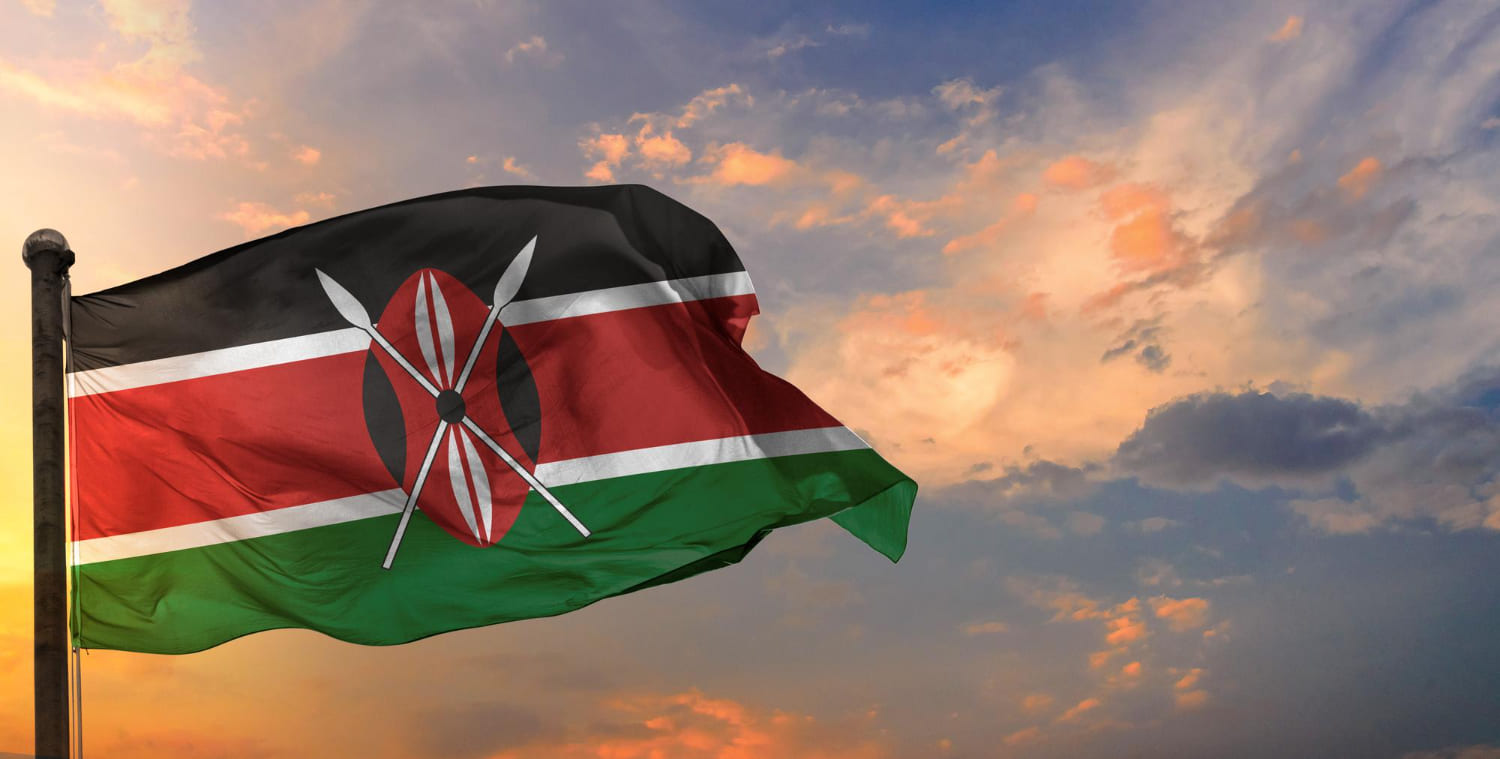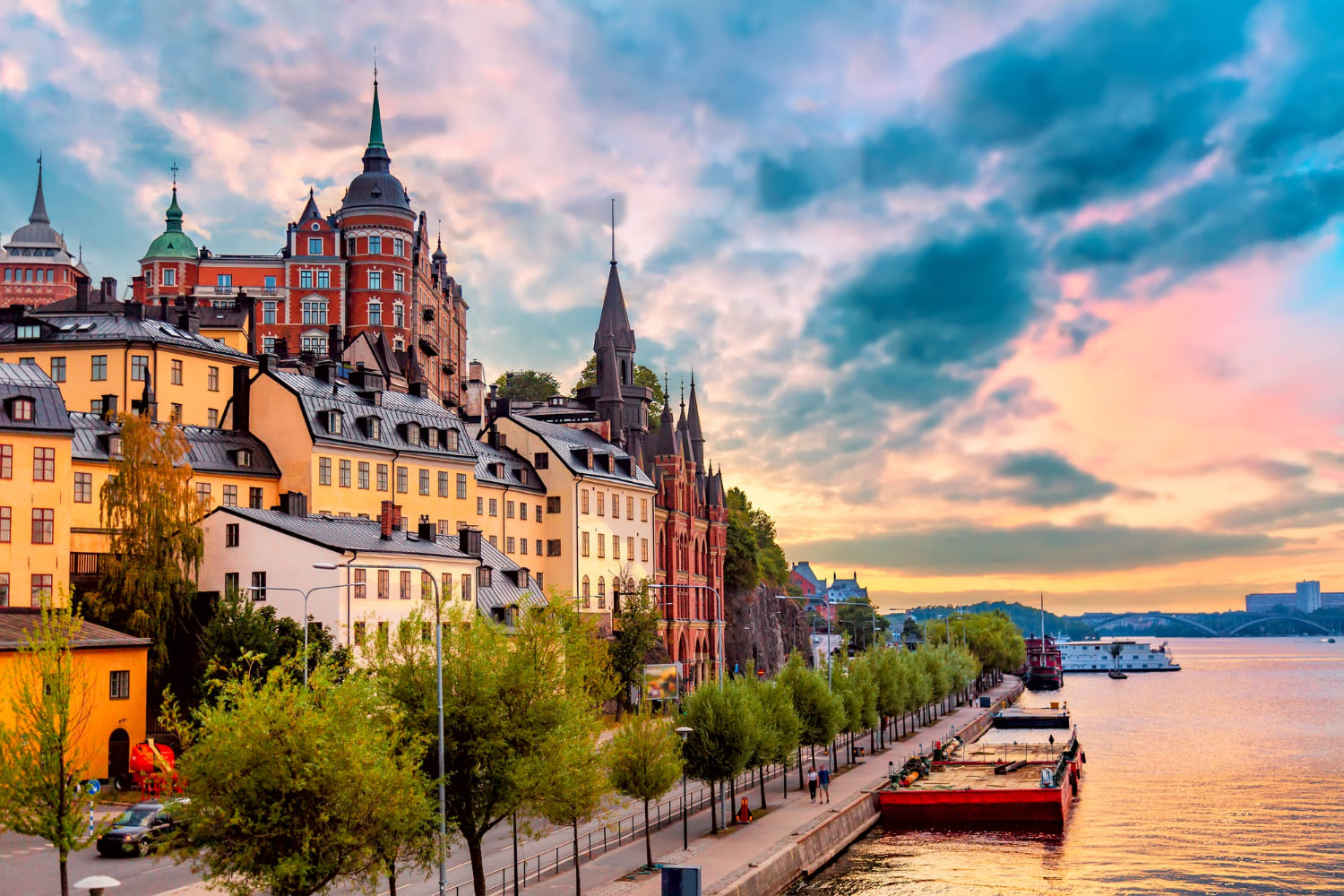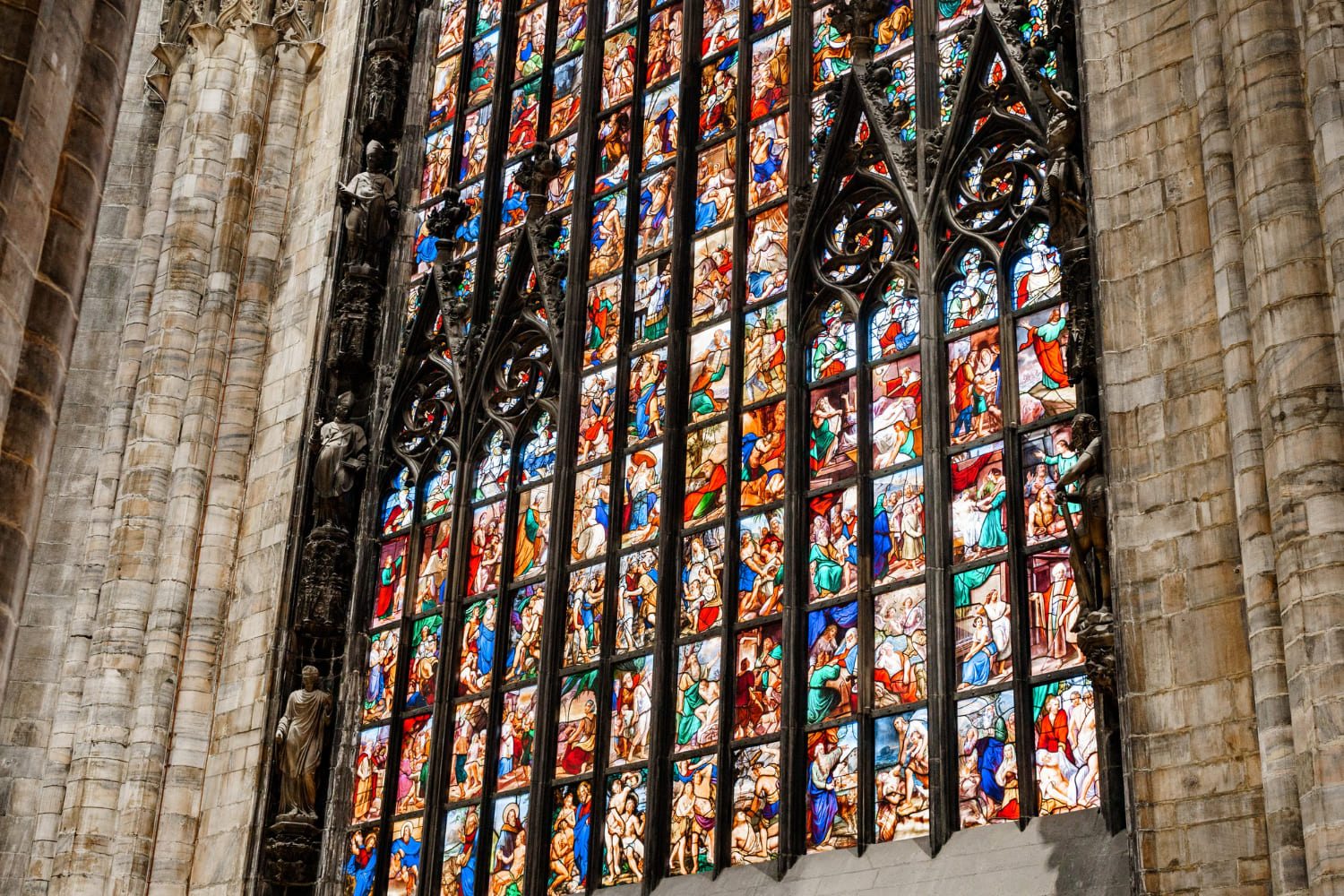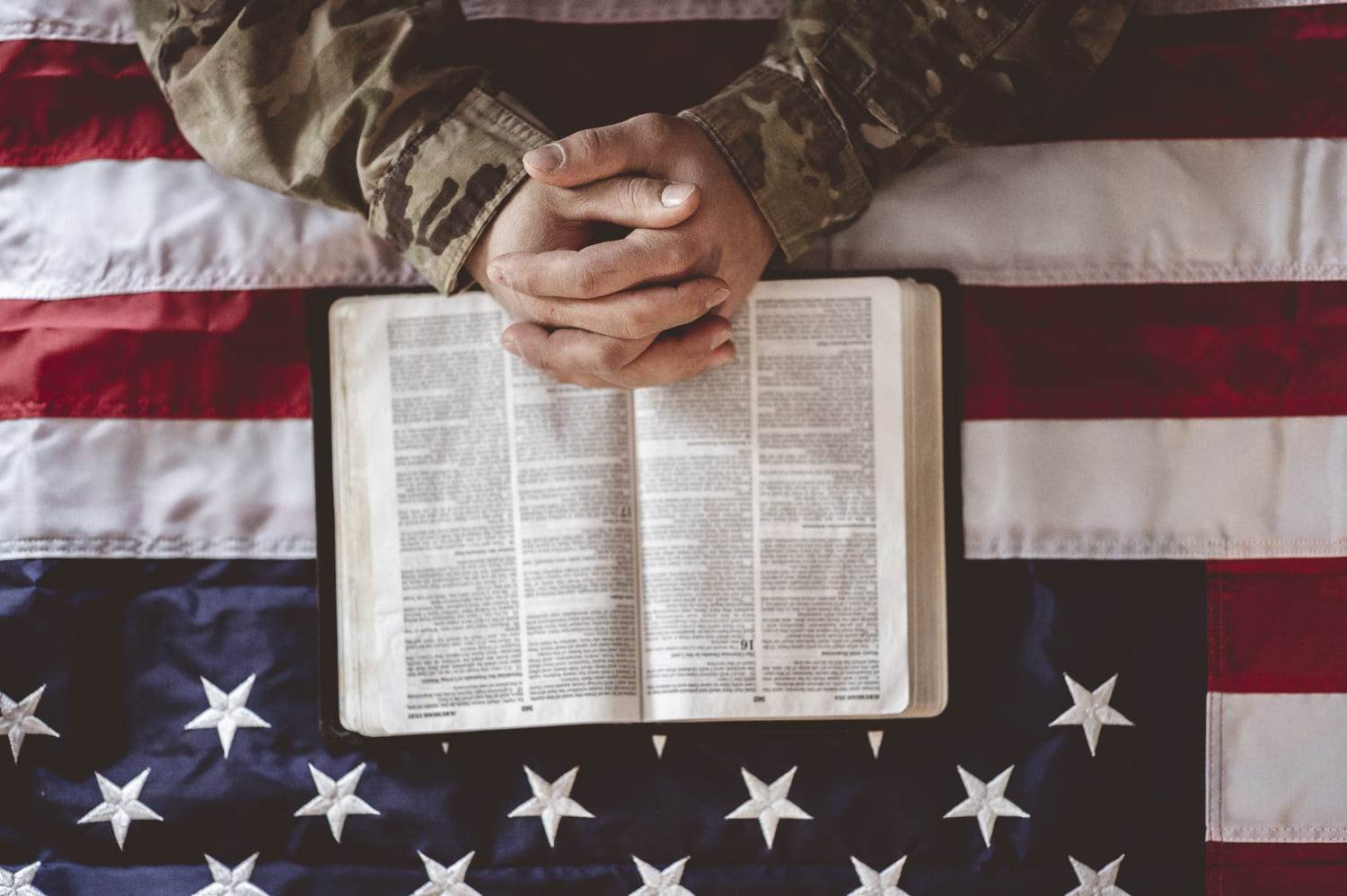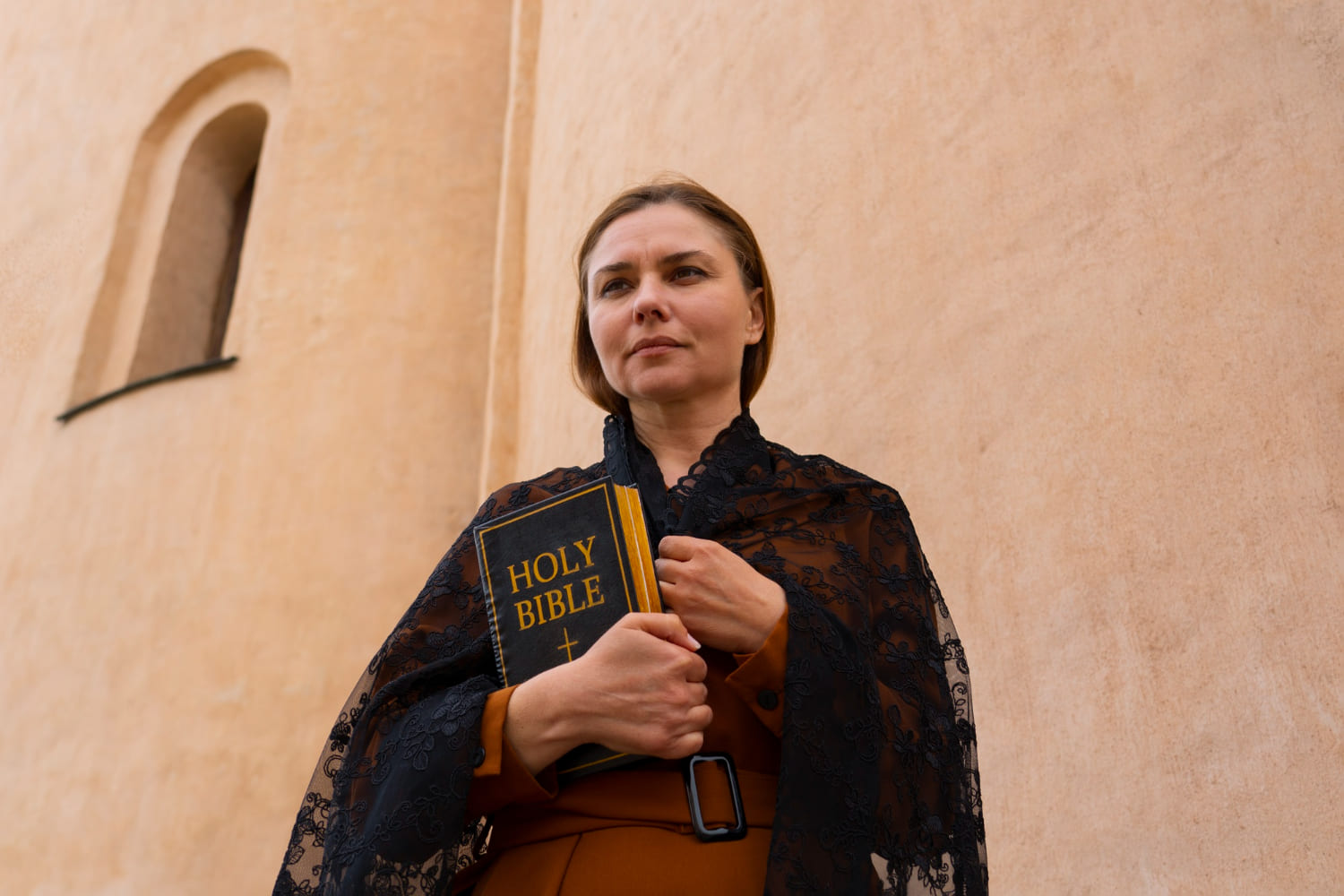The United Arab Emirates (UAE) is a country located in the Arabian Peninsula, with a population of over 9 million people.
It is known for its modern cities, luxurious lifestyle, and cultural heritage.
Religion plays a significant role in the lives of the people of the UAE, and the country is home to a diverse range of religions.

Islam is the official religion of the UAE and is practiced by the majority of the population.
According to recent statistics, 74.5% of the population follow Islam, with 63.3% being Sunni and 6.7% being Shia. Other branches of Islam are also present in the country.
The ruling families of the UAE adhere to the Maliki school of jurisprudence, while the Hanbali school is found in other parts of the country.
Christianity, Hinduism, and Buddhism are also practiced by a significant number of people in the UAE. In this article, we will explore the various religions practiced in the UAE, their history, and their current status.
- Demographics of Religion in the United Arab Emirates
- Population by Religion
- Religious Affiliation Over Time
- Major Religions in the United Arab Emirates
- Islam
- Christianity
- Hinduism
- Buddhism
- Other Religions
- Government and Religion
- State Religion
- Religious Freedom and Legislation
- Cultural Impact of Religion
- Religious Festivals and Public Life
- Religion and Social Norms
Demographics of Religion in the United Arab Emirates

Population by Religion
Islam is the majority and official religion in the United Arab Emirates (UAE), with 74.5% of the population identifying as Muslim. Of these, 63.3% are Sunni and 6.7% are Shia.
The Al Nahyan and Al Maktoum ruling families adhere to the Maliki school of jurisprudence, while many followers of the Hanbali school are found in Sharjah, Umm al-Quwain, Ras al-Khaimah, and Ajman.
The remaining population is made up of a diverse range of religions. Christians make up 12.6% of the population, with the majority being Roman Catholic and Orthodox.
Hindus make up 6.6% of the population, while Buddhists and Sikhs make up 3.1% and 0.9%, respectively.
Other religions, including Baha’i, Druze, and Judaism, make up the remaining 2.3% of the population.
Religious Affiliation Over Time
The population of the UAE has grown rapidly in recent years due to immigration, and this has had an impact on the religious makeup of the country.
While Islam has always been the dominant religion in the UAE, the percentage of Muslims has increased in recent years due to immigration from other Muslim-majority countries.
The percentage of Christians and Hindus has also increased due to immigration from their respective countries.
The UAE government is committed to promoting tolerance and religious freedom, and this is reflected in the country’s constitution.
The government has also taken steps to promote interfaith dialogue and understanding, including the establishment of the Abrahamic Family House in Abu Dhabi, which will house a mosque, a church, and a synagogue.
Major Religions in the United Arab Emirates
The United Arab Emirates is a Muslim-majority country, with Islam being the official religion.
As of 2020, 74.5% of the population of the UAE professed Islam. Of this, 63.3% are Sunni, 6.7% are Shia, while 4.4% follow other branches of Islam.
The Al Nahyan and Al Maktoum ruling families adhere to the Maliki school of jurisprudence. Many followers of the Hanbali school are found in Sharjah, Umm al-Quwain, Ras al-Khaimah, and Ajman.
Islam
Islam is the dominant religion in the United Arab Emirates. Muslims in the UAE follow the Sunni or Shia sects of Islam.
The majority of Muslims in the UAE are Sunni Muslims, with a minority of Shia Muslims concentrated in the Emirates of Dubai and Sharjah.
The UAE observes Islamic customs and traditions, including the holy month of Ramadan, where Muslims fast from dawn to sunset.
Christianity
Christianity is the second-largest religion in the UAE, with approximately 13% of the population being Christian
The Christian population in the UAE includes a diverse mix of Catholics, Orthodox, Anglicans, and Protestants.
The UAE government recognizes Christianity and allows Christians to practice their religion freely.
The country has several churches and Christian organizations that cater to the religious needs of the Christian population.
Hinduism
Hinduism is the third-largest religion in the UAE, with approximately 6% of the population being Hindu.
The Hindu population in the UAE includes a diverse mix of Indian nationals and expatriates from other countries.
The UAE government recognizes Hinduism and allows Hindus to practice their religion freely. The country has several temples and Hindu organizations that cater to the religious needs of the Hindu population.
Buddhism
Buddhism is a minority religion in the UAE, with a small number of Buddhists living in the country.
The Buddhist population in the UAE includes a diverse mix of expatriates from countries like Sri Lanka, Thailand, and Nepal.
The UAE government recognizes Buddhism and allows Buddhists to practice their religion freely.
The country has several Buddhist organizations that cater to the religious needs of the Buddhist population.
Other Religions
Apart from the above-mentioned religions, the UAE is also home to a small number of followers of other religions like Sikhism, Jainism, and Zoroastrianism.
The UAE government recognizes these religions and allows their followers to practice their religion freely.
The country has several organizations that cater to the religious needs of these minority religious communities.
Government and Religion
State Religion
Islam is the state religion of the United Arab Emirates (UAE), and the majority of the population is Muslim.
Approximately 74.5% of the population is Muslim, with 63.3% being Sunni and 6.7% being Shia.
The ruling families, Al Nahyan and Al Maktoum, adhere to the Maliki school of jurisprudence, while many followers of the Hanbali school are found in Sharjah, Umm al-Quwain, Ras al-Khaimah, and Ajman.
Religious Freedom and Legislation
The UAE Constitution guarantees freedom of religion; however, the government regulates religious practices to maintain social harmony.
The government has enacted laws that prohibit blasphemy, proselytizing by non-Muslims, and insulting Islam.
Non-Muslim religious groups must obtain a permit to build a place of worship, and the government controls the content of religious education in schools.
The government respects the right of non-Muslims to worship in private and has designated areas for non-Muslims to practice their religions in public.
In recent years, the UAE has taken steps to promote religious tolerance and interfaith dialogue. In 2019, the government established the Ministry of Tolerance to promote tolerance and combat extremism.
The UAE also hosts the annual World Tolerance Summit and the Abrahamic Family House, which will include a mosque, church, and synagogue.
These initiatives demonstrate the government’s commitment to promoting religious tolerance and coexistence in the UAE.
Cultural Impact of Religion
Religious Festivals and Public Life
Religion plays a significant role in public life in the United Arab Emirates.
The country celebrates several religious festivals throughout the year, including Eid al-Fitr, Eid al-Adha, and the Prophet’s Birthday.
These festivals are public holidays, and the government encourages all citizens and residents to participate in the celebrations.
During these festivals, people gather with their families and friends to enjoy traditional food, music, and dance.
The government also organizes public events, such as fireworks displays, parades, and cultural performances, to mark these occasions.
These festivals are an important way for people to celebrate their faith and cultural heritage and strengthen their sense of community.
Religion and Social Norms
Religion also influences social norms in the United Arab Emirates. Islam is the predominant religion, and its teachings shape many aspects of daily life.
For example, Muslims are expected to pray five times a day, fast during the month of Ramadan, and give to charity.
These practices are not only religious obligations but also social norms that are deeply ingrained in the culture.
Religion also plays a role in family life and gender roles. The family is highly valued in Emirati society, and marriage and children are considered important milestones.
Women are expected to be modest and respectful, and men are expected to be providers and protectors.
These gender roles are based on traditional Islamic teachings and are reinforced by social norms.
In conclusion, religion has a significant impact on culture and society in the United Arab Emirates.
Religious festivals and social norms are deeply intertwined with daily life and serve to reinforce the country’s cultural heritage and sense of community.
